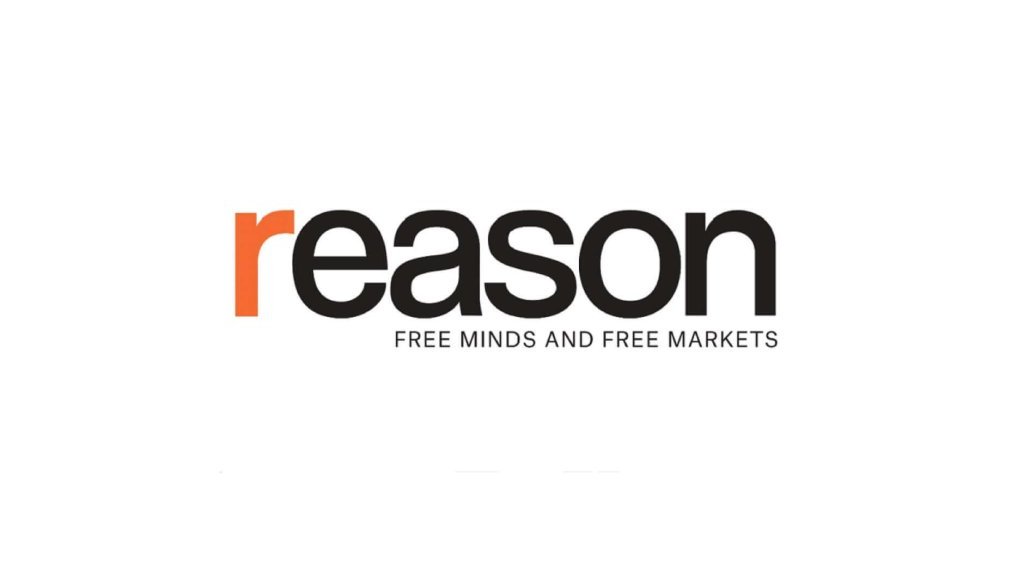Prof. Michael McConnell on the Tariff Lawsuits
Prof. Michael McConnell at the Stanford Law School, a leading constitutional law scholar (and former Tenth Circuit judge), passed this along, and I’m delighted to be able to post it:
As of this writing, seven lawsuits have been filed challenging the legality of President Trump’s unilateral imposition of tariffs. The briefing is farthest along in V.O.S. Selections, Inc. v. Trump, pending in the Court of International Trade. That court has scheduled a hearing for May 13 on all pending motions, including a motion for a preliminary injunction. Appeals from the Court of International Trade go to the Federal Circuit. Arguably, of all the cases challenging Trump administration actions, the tariff cases have the greatest consequence for the national economy as well as the division of authority between Congress and the Executive.
Both sides agree that the President has no inherent constitutional authority to set tariffs. President Trump’s power, if it exists, must come from statute. The government relies on the International Emergency Economic Powers Act of 1977 (IEEPA). IEEPA gives the President power to take certain actions upon declaration of an emergency. The statute does not contain any reference to a power to impose, raise, withdraw, or alter tariffs or any other taxes. Until President Trump, no President ever asserted a tariff power under IEEPA. Instead, IEEPA has always been used to impose non-tariff economic sanctions, such as the freezing of assets. The government contends, however, that the statutory phrase to “regulate … imports” is broad enough to include the power to set tariffs.
I thought it would be helpful to quickly summarize the arguments on both sides (note that I am a signatory to an amicus brief supporting the challengers). Boiled down to its essentials, the government’s argument on the merits is as follows:
- Tariffs are an important instrument for the conduct of foreign affairs, which is squarely in the domain of presidential authority. Delegations of power in this area should therefore be read broadly.
- IEEPA is a successor statute to the Trading With The Enemy Act (TWEA), passed during World War I, which gives the President power to “regulate …
Article from Reason.com

The Reason Magazine website is a go-to destination for libertarians seeking cogent analysis, investigative reporting, and thought-provoking commentary. Championing the principles of individual freedom, limited government, and free markets, the site offers a diverse range of articles, videos, and podcasts that challenge conventional wisdom and advocate for libertarian solutions. Whether you’re interested in politics, culture, or technology, Reason provides a unique lens that prioritizes liberty and rational discourse. It’s an essential resource for those who value critical thinking and nuanced debate in the pursuit of a freer society.



